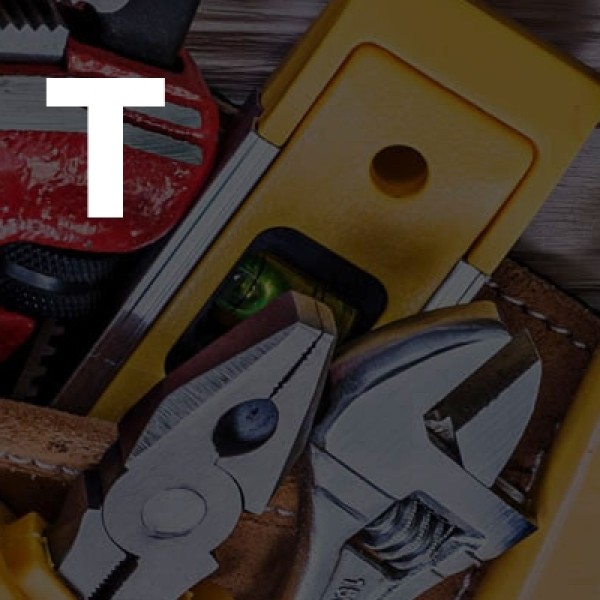Understanding Demolition and Clearance in Deal
Demolition and clearance are crucial processes in urban development and regeneration. In the charming town of Deal, these activities play a significant role in shaping the landscape, ensuring safety, and paving the way for new developments. This article delves into the intricacies of demolition and clearance in Deal, exploring their importance, methods, regulations, and impact on the community.
The Importance of Demolition and Clearance
Demolition and clearance are essential for several reasons. Firstly, they help remove unsafe structures that pose risks to public safety. Secondly, they clear space for new developments, contributing to urban renewal and economic growth. In Deal, these processes are vital for maintaining the town's aesthetic appeal and ensuring that buildings meet modern safety standards.
Types of Demolition Techniques
Demolition isn't a one-size-fits-all process. Various techniques are employed depending on the structure's size, location, and materials. Common methods include:
- Implosion: Using explosives to bring down large structures in a controlled manner.
- Wrecking Ball: A traditional method involving a heavy ball swung by a crane to demolish buildings.
- Selective Demolition: Carefully dismantling specific parts of a structure to preserve valuable materials.
- Deconstruction: Systematically taking apart a building to salvage reusable components.
Regulations Governing Demolition in Deal
In Deal, demolition activities are subject to strict regulations to ensure safety and environmental protection. These regulations are enforced by local authorities and include obtaining necessary permits, conducting environmental assessments, and adhering to waste disposal guidelines. Compliance with these regulations is crucial to avoid legal repercussions and ensure community safety.
The Role of Clearance in Urban Development
Clearance is the process of removing debris and waste materials following demolition. It is a critical step in preparing a site for new construction. In Deal, clearance activities are meticulously planned to minimise environmental impact and promote recycling. Efficient clearance ensures that sites are ready for redevelopment, contributing to the town's growth and modernisation.
Environmental Considerations in Demolition and Clearance
Environmental sustainability is a key consideration in demolition and clearance projects. In Deal, efforts are made to reduce waste, recycle materials, and minimise pollution. This involves using eco-friendly demolition techniques, properly disposing of hazardous materials, and implementing dust and noise control measures. These practices help protect the environment and promote sustainable development.
Community Impact of Demolition and Clearance
Demolition and clearance can significantly impact the local community. While these activities can lead to temporary disruptions, they ultimately contribute to improved infrastructure and living conditions. In Deal, community engagement is prioritised to ensure residents are informed and involved in the planning process. This fosters a sense of ownership and support for development projects.
Challenges in Demolition and Clearance Projects
Despite their importance, demolition and clearance projects face several challenges. These include navigating complex regulations, managing environmental concerns, and addressing community opposition. In Deal, project managers must balance these challenges while ensuring timely and efficient completion of projects. Effective communication and planning are key to overcoming these obstacles.
Innovations in Demolition Technology
Technological advancements have revolutionised demolition and clearance processes. In Deal, modern equipment and techniques enhance efficiency and safety. Innovations such as robotic demolition machines, advanced explosives, and 3D modelling software enable precise and controlled demolition. These technologies reduce risks and improve project outcomes, benefiting both developers and the community.
Case Studies of Successful Demolition Projects in Deal
Several successful demolition projects in Deal highlight the benefits of effective planning and execution. For instance, the redevelopment of a historic site involved careful deconstruction to preserve architectural elements. Another project focused on clearing a derelict industrial area, paving the way for a new residential complex. These case studies demonstrate the positive impact of demolition and clearance on urban renewal.
The Future of Demolition and Clearance in Deal
Looking ahead, demolition and clearance in Deal are expected to evolve with changing urban needs and technological advancements. Emphasis on sustainability and community involvement will continue to shape these processes. As Deal grows, demolition and clearance will play a pivotal role in creating a vibrant and modern urban environment.
Frequently Asked Questions
What permits are required for demolition in Deal?
Demolition in Deal requires permits from local authorities, including planning permission and environmental assessments. These ensure compliance with safety and environmental regulations.
How are demolition waste materials managed?
Demolition waste in Deal is managed through recycling and proper disposal methods. Materials like concrete, metal, and wood are often recycled to minimise environmental impact.
What safety measures are in place during demolition?
Safety measures include securing the site, using protective equipment, and implementing dust and noise control. These ensure the safety of workers and the surrounding community.
How does demolition affect property values in Deal?
Demolition can positively affect property values by removing derelict structures and making way for new developments, enhancing the area's appeal and infrastructure.
What role does the community play in demolition projects?
The community is involved through consultations and feedback sessions, ensuring their concerns and suggestions are considered in the planning and execution of projects.
Are there any historic preservation efforts in demolition projects?
Yes, in Deal, efforts are made to preserve historic elements during demolition. Selective demolition and deconstruction techniques are used to protect valuable architectural features.
In conclusion, demolition and clearance in Deal are vital processes that contribute to the town's development and modernisation. By understanding the importance, methods, and impact of these activities, we can appreciate their role in shaping a safer and more vibrant community.




